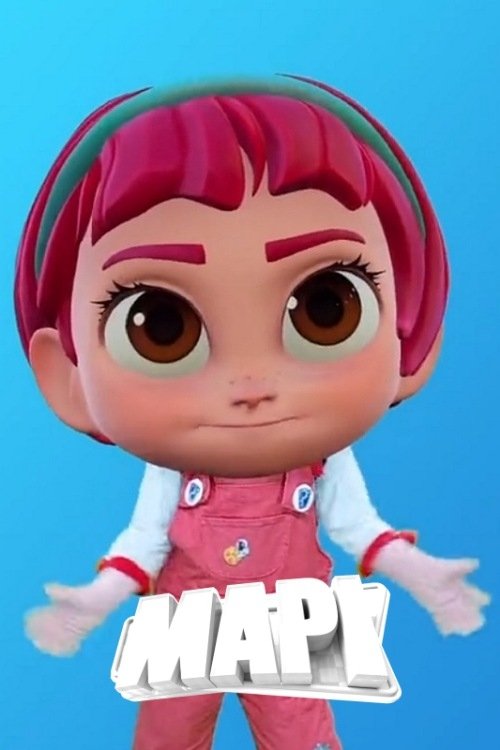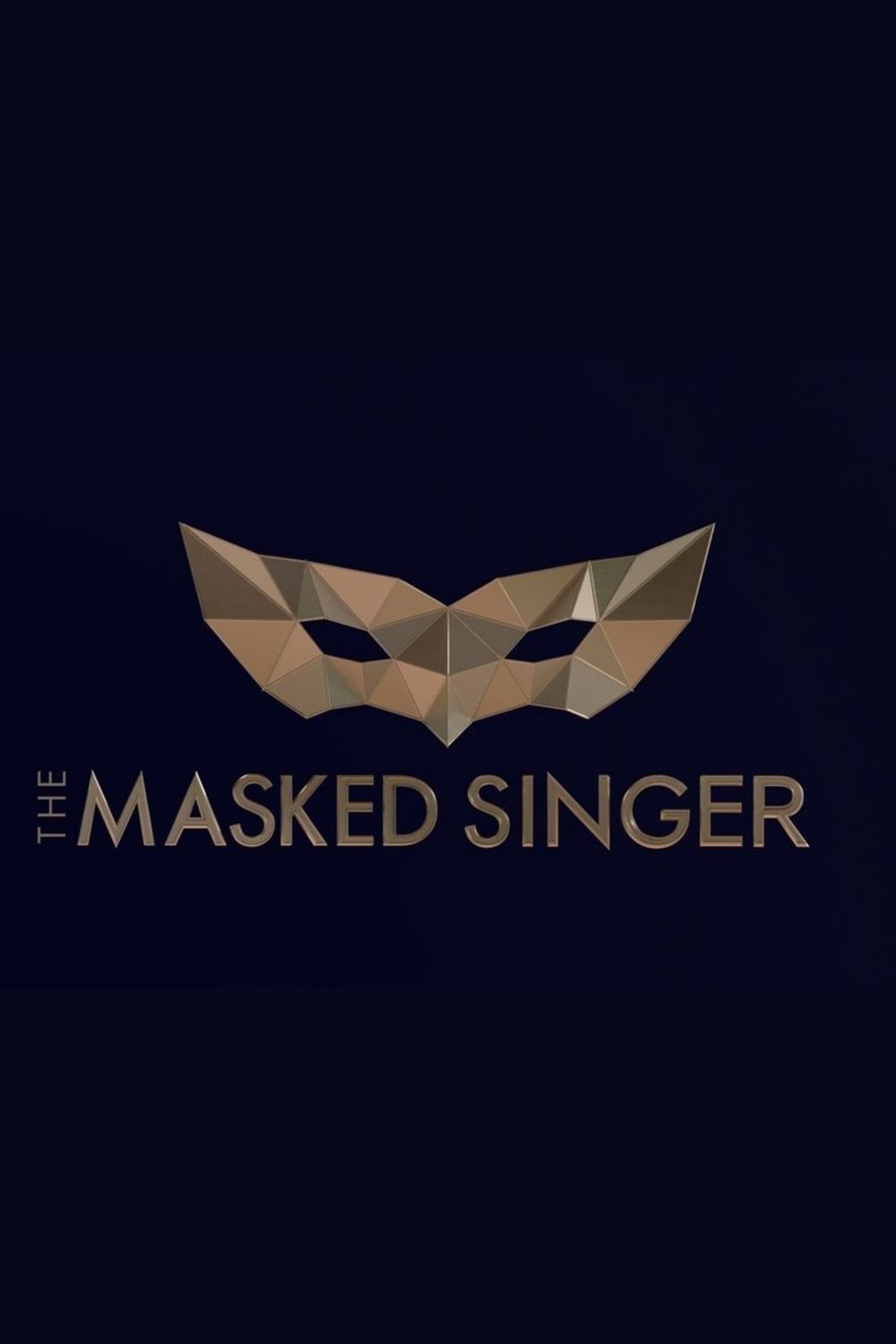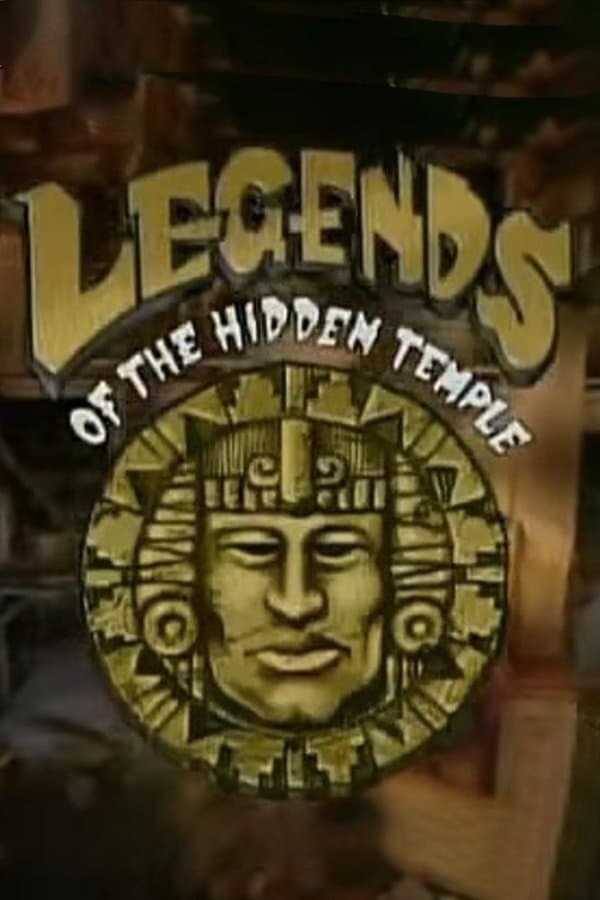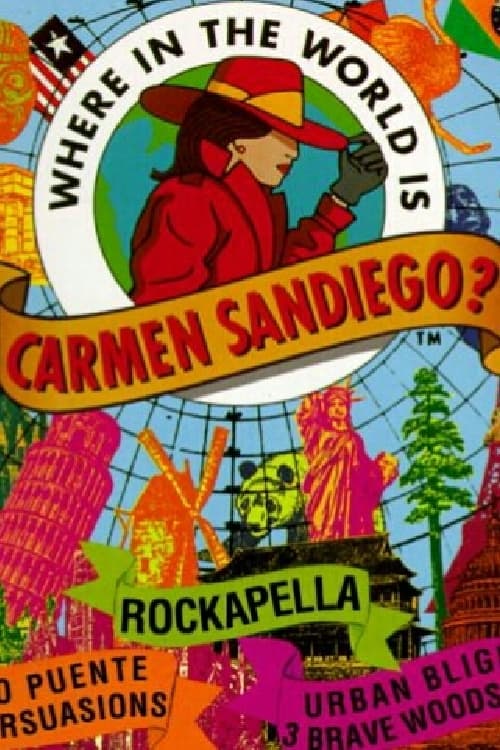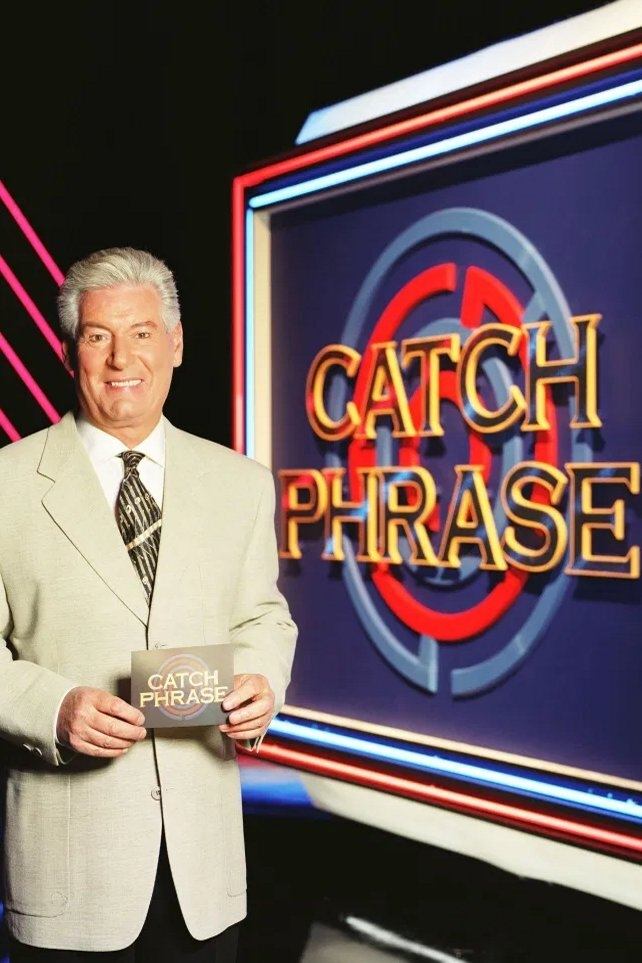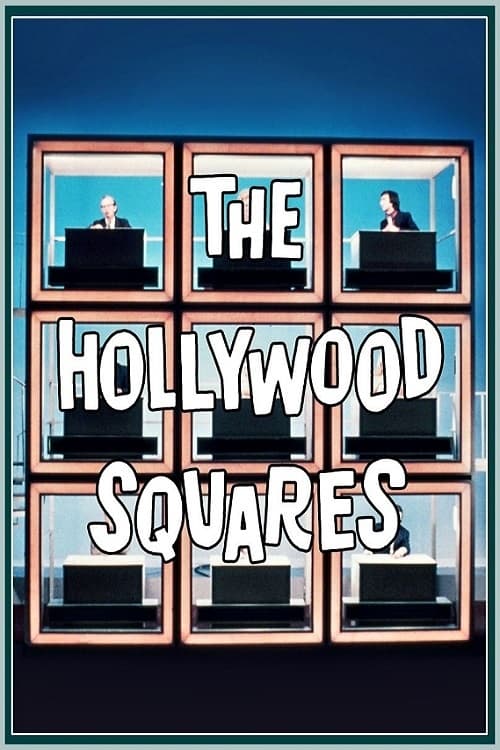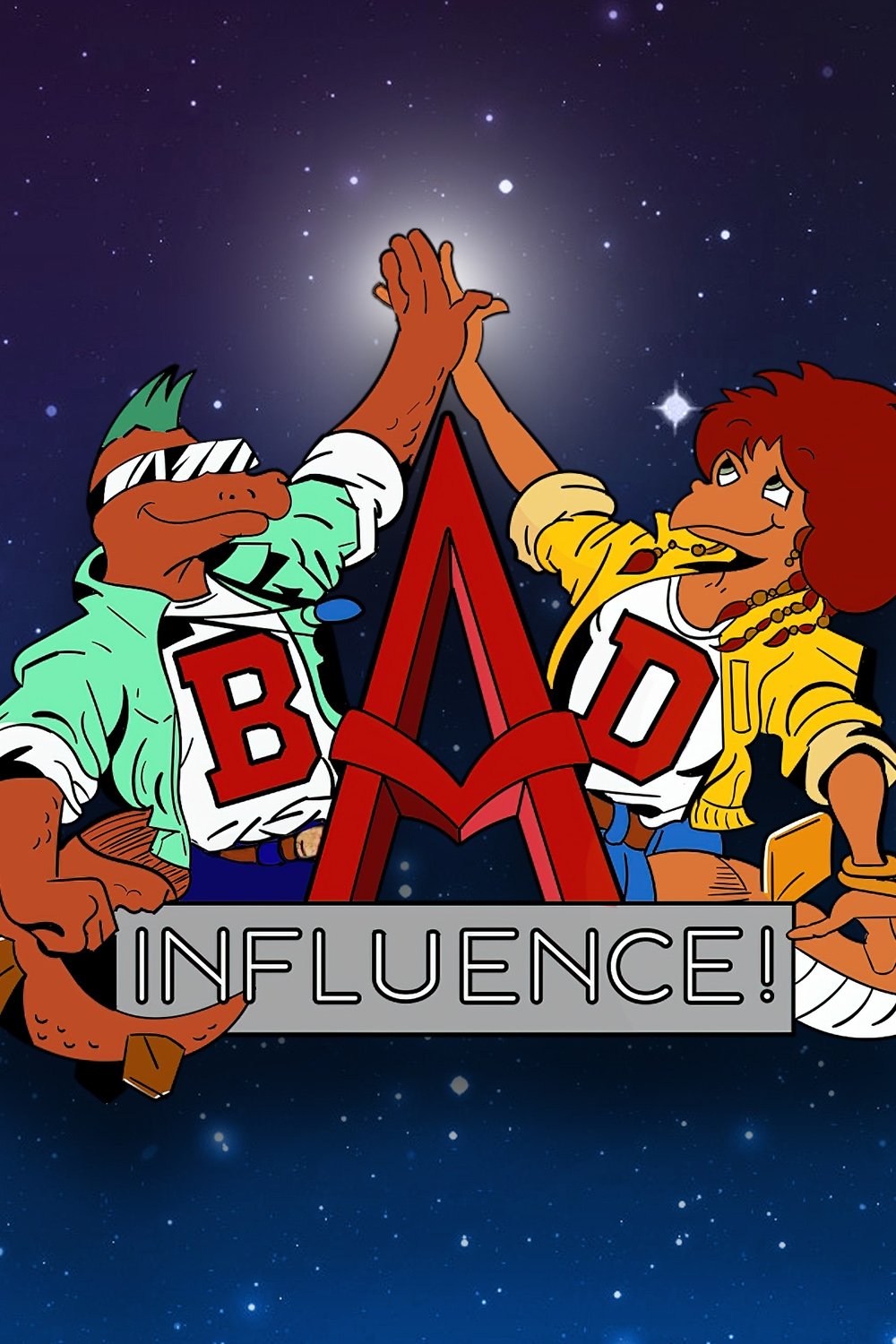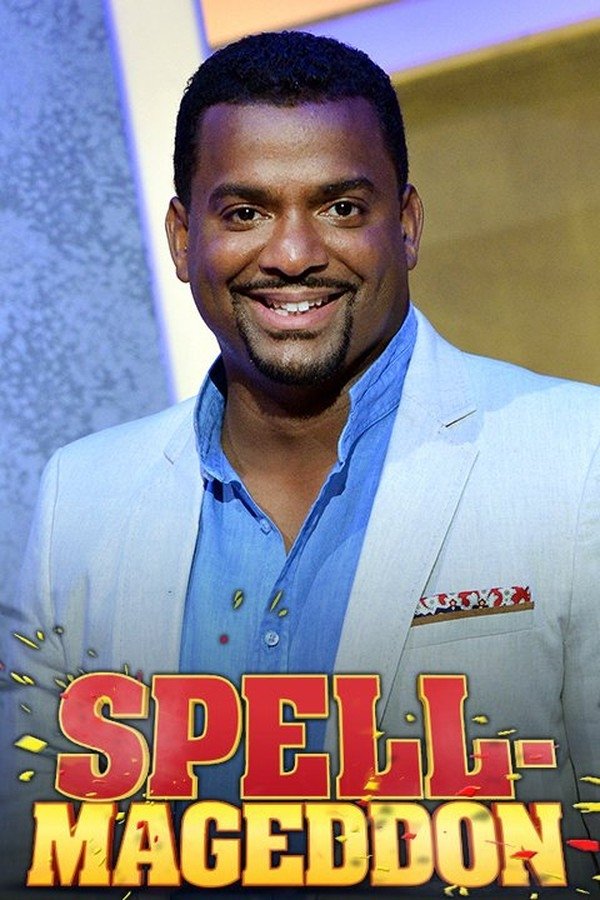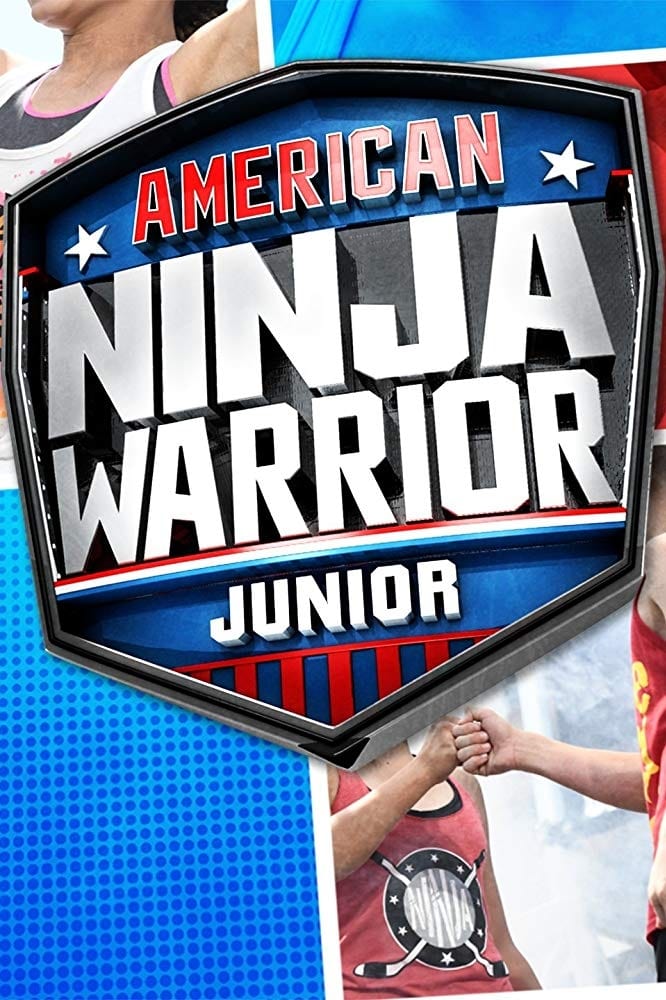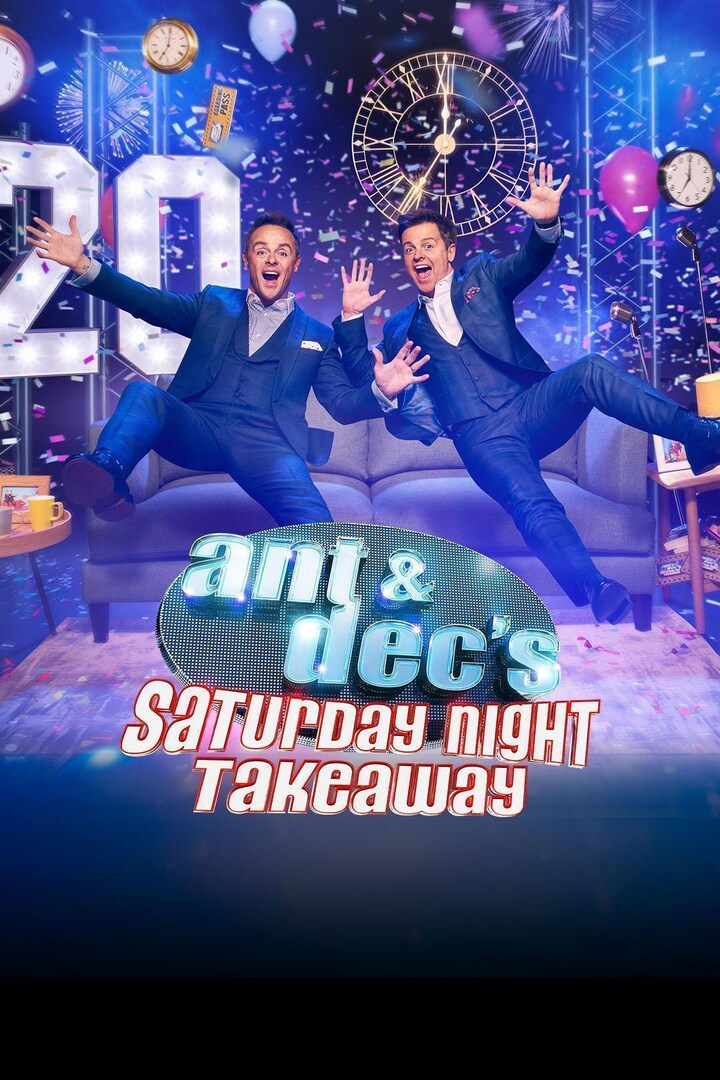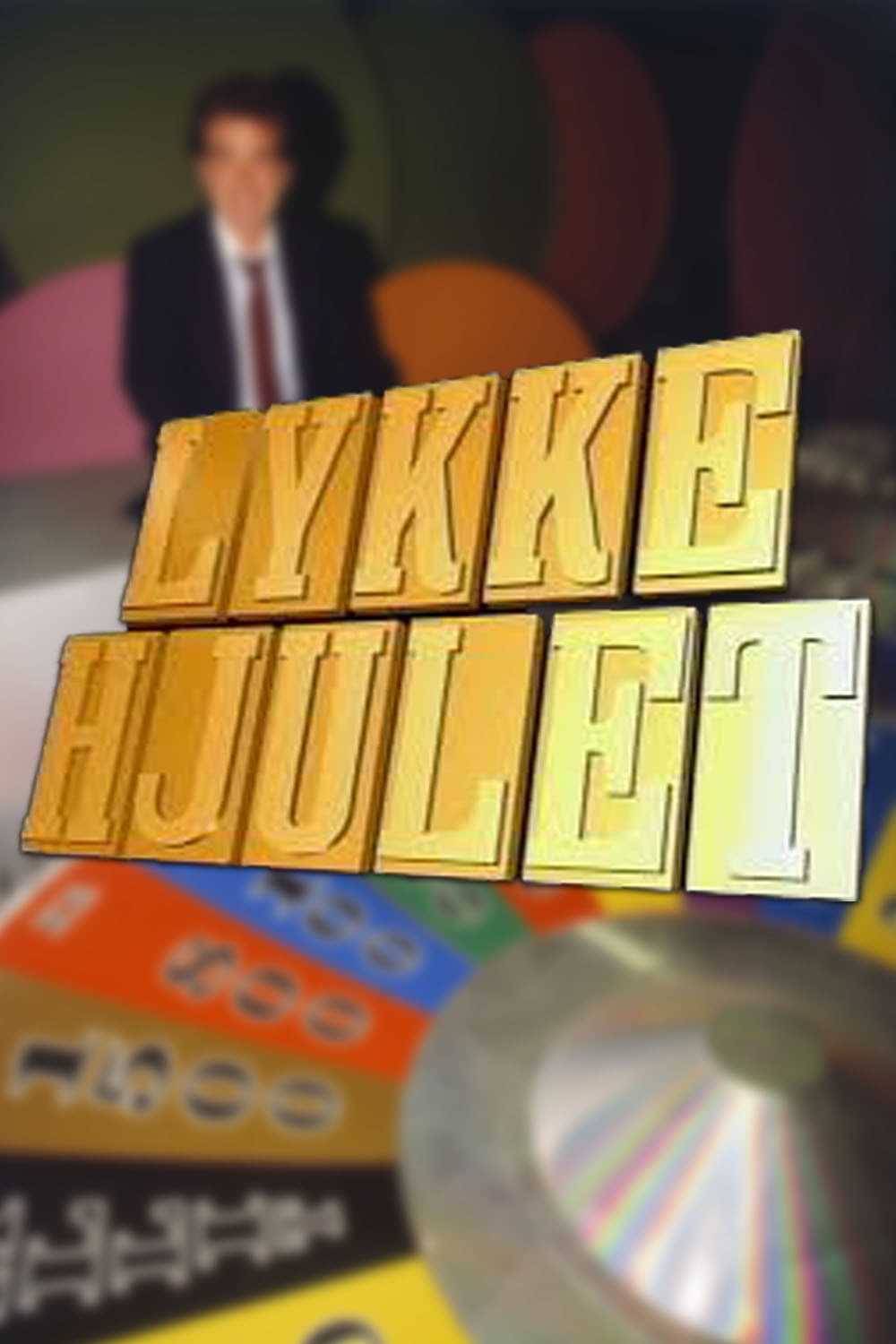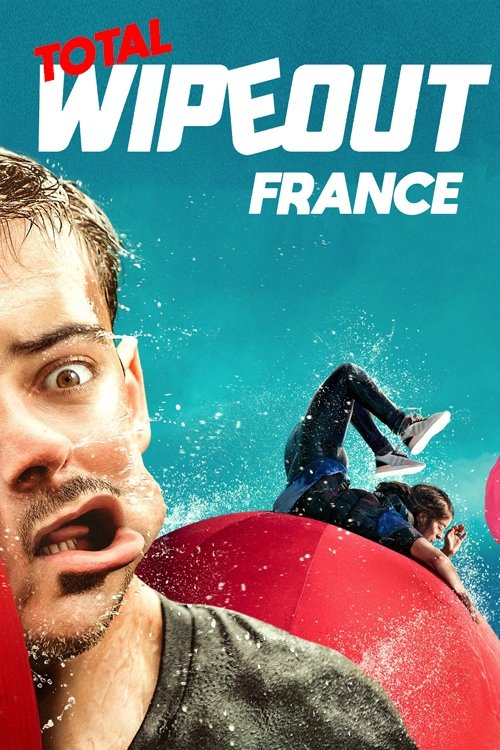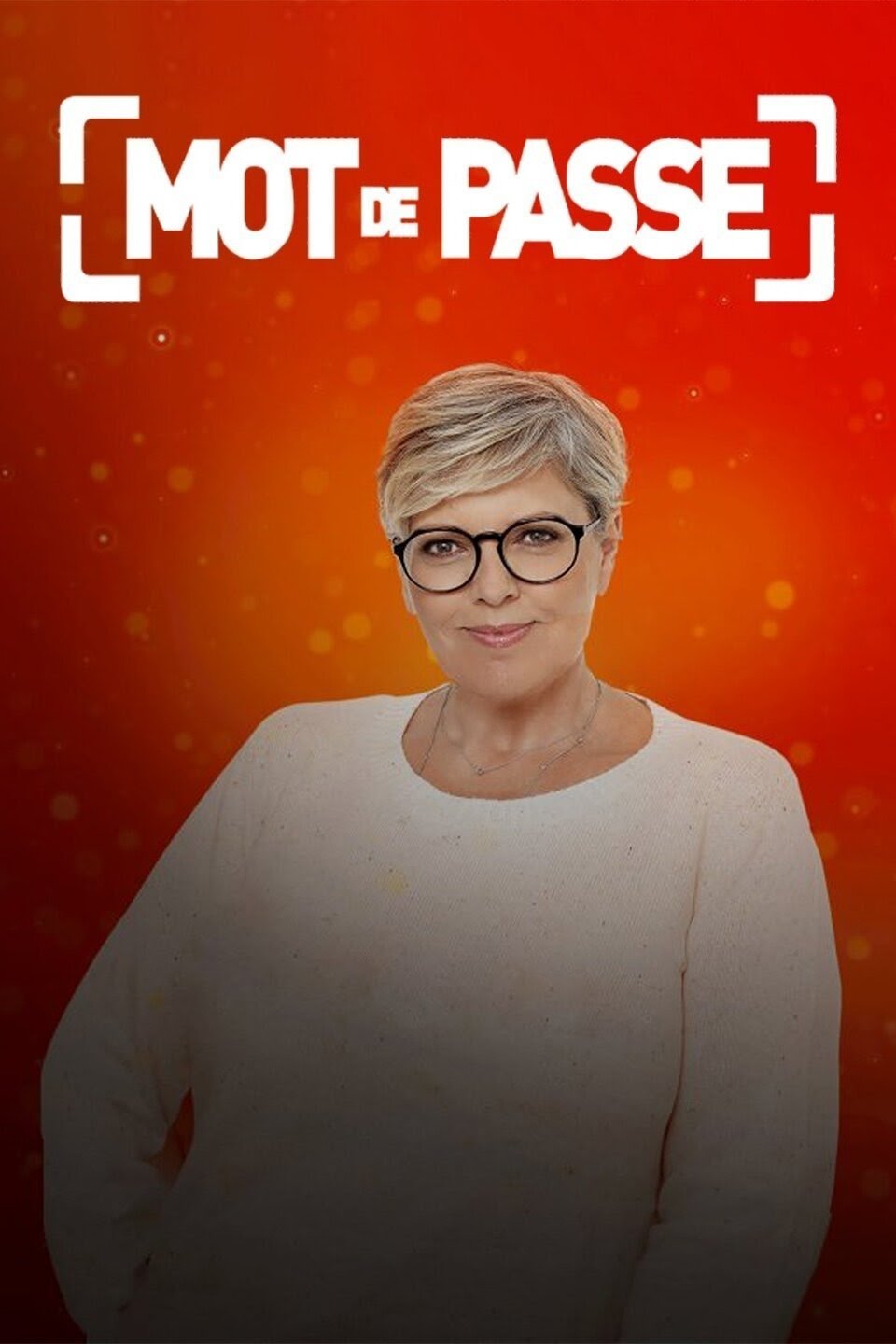Hot Rods
Watch Series
Share
Hot Rods
2008- 2008
1 Seasons
13 Episodes
0.0(0 votes)
Ended
Family
Kids
Overview
Nail-biting children's game show combining mental and physical challenges and a big slice of luck
Cast & Crew
1 member
Acting
Zoe Salmon
Herself - Presenter
No Image
Similar TV Shows
Recommended Tv Shows

No Recommendations Yet
We're working on finding the perfect shows for you. Check back soon!
More shows coming soon
